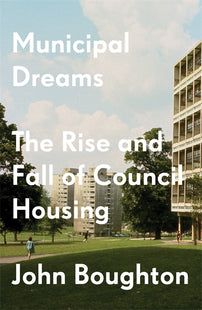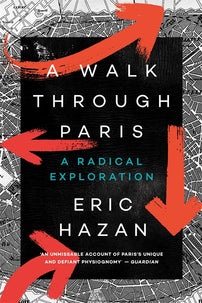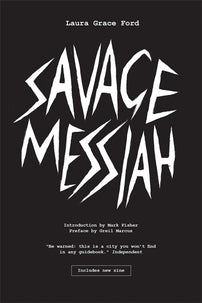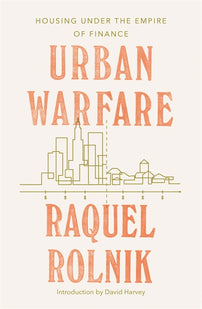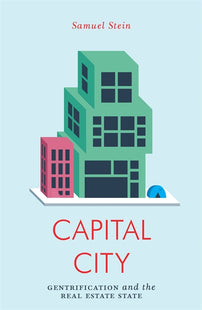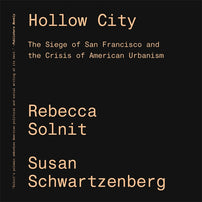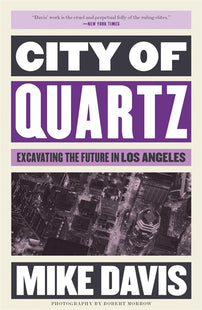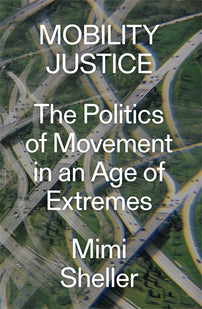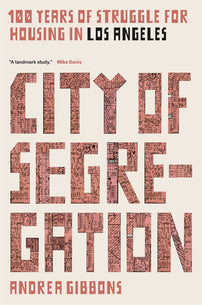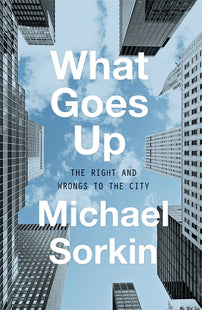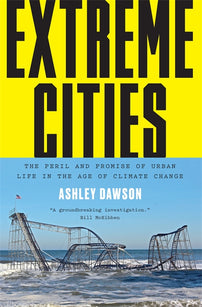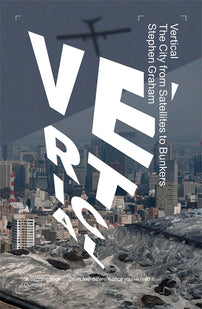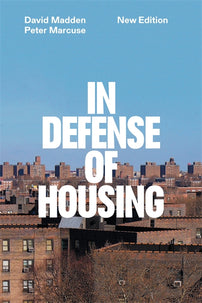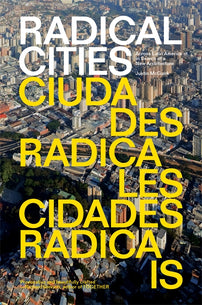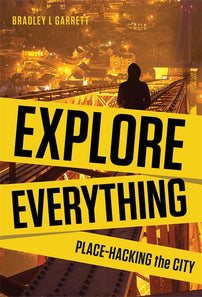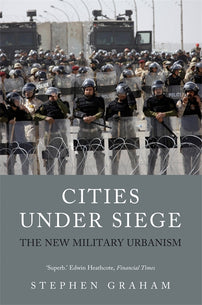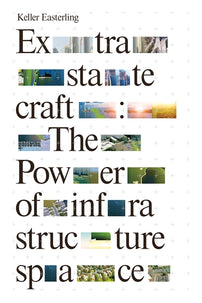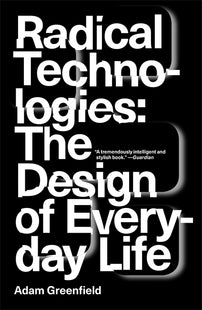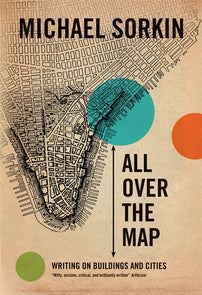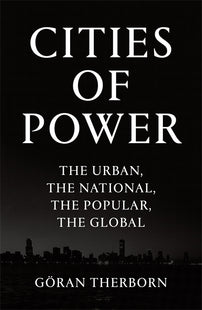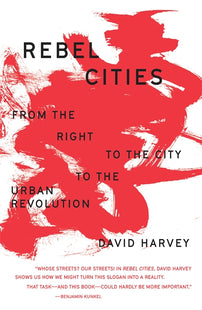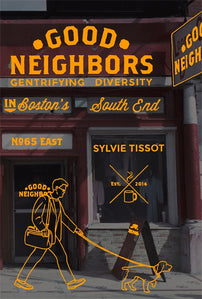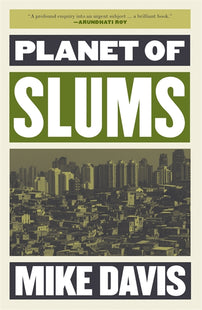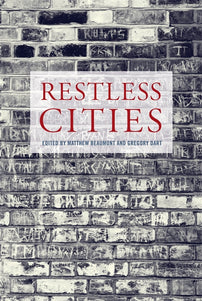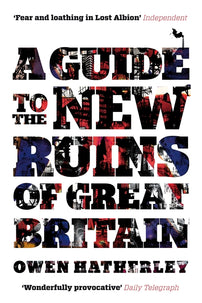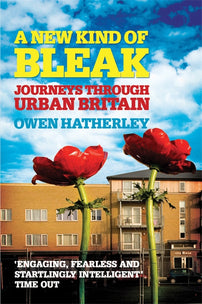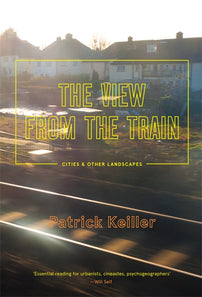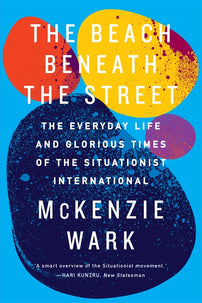Architecture and Cities: A Verso Bookshelf
Key reading on our cities and the geography of inequality, politics, and identity.

As the cost of housing continues to rise and affordable housing remains scarce, we face a global housing crisis of epic proportions. Our cities are now a geographic representation of the widening wealth gap, with the rich moving upwards into sky-high luxury living, and the poor being pushed further and further out. Architecture reflects and reinforces divisions with ever greater brazenness.
This housing crisis has deep political and economic roots—requiring a more radical response than ever before. Familiarise yourself with the geography of inequality, politics, and identity with these books on our modern cities.
See all our Cities and Architecture student reading here.
[book-strip index="1" style="buy"]A narrative history of council housing—from slums to the Grenfell Tower. Urgent, timely and compelling, Municipal Dreams brilliantly brings the national story of housing to life.
[book-strip index="2" style="buy"]A walker’s guide to Paris, taking us through its past, present and possible futures.
[book-strip index="3" style="buy"]The acclaimed art fanzine’s psychogeographic drifts through a ruined city.
[book-strip index="4" style="buy"]How finance and politics have caused the global housing crisis.
[book-strip index="5" style="buy"]Capital City explains the role of planners in the real estate state, as well as the remarkable power of planning to reclaim urban life.
[book-strip index="6" style="buy"]Hollow City surveys San Francisco’s transformation—skyrocketing residential and commercial rents that are driving out artists, activists, nonprofit organizations and the poor; the homogenization of the city’s architecture, industries and population; the decay of its public life; and the erasure of its sites of civic memory.
[book-strip index="7" style="buy"]A fiercely elegant and wide-ranging history of L.A.’s Dickensian extremes and Pynchonesque conspiracies.
[book-strip index="8" style="buy"]We are in the midst of a global climate crisis and experiencing the extreme challenges of urbanization. In Mobility Justice, Mimi Sheller makes a passionate argument for a new understanding of the contemporary crisis of movement.
[book-strip index="9" style="buy"]A majestic one-hundred-year study of segregation in Los Angeles.
[book-strip index="10" style="buy"]A radical architect examines the changing fortunes of the contemporary city.
[book-strip index="11" style="buy"]A cutting exploration of how cities drive climate change while being on the frontlines of the coming climate crisis.
[book-strip index="12" style="buy"]“In this panoramic, at times jaw-dropping book, Stephen Graham describes how in recent years the built environment around the world, both above and below ground, has become dramatically more vertical – and more unequal… sharp and memorable… dizzyingly restless… Cities feel different once you’ve read it” – Andy Beckett, Guardian
A revolutionary reimagining of the cities we live in, the air above us, and what goes on in the earth beneath our feet.
[book-strip index="13" style="buy"]A radical history of squatting and the struggle for the right to remake the city.
[book-strip index="14" style="buy"]In every major city in the world there is a housing crisis. How did this happen and what can we do about it?
[book-strip index="15" style="buy"]Whatever happened to the last utopian dreams of the city?
[book-strip index="16" style="buy"]“An intriguing picture of an activist urbanism and architecture that has made a real difference.” – Edwin Heathcote, Financial Times
In Radical Cities, Justin McGuirk travels across Latin America in search of the activist architects, maverick politicians and alternative communities already answering these questions. From Brazil to Venezuela, and from Mexico to Argentina, McGuirk discovers the people and ideas shaping the way cities are evolving.
[book-strip index="17" style="buy"]“Volatile and extraordinary ... a gonzo road trip.” – Robert Macfarlane, Guardian
What does it feel like to find the city’s edge, to explore its forgotten tunnels and scale unfinished skyscrapers high above the metropolis? Explore Everything reclaims the city, recasting it as a place for endless adventure.
A powerful exposé of how political violence operates through the spaces of urban life.
[book-strip index="18" style="buy"] [book-strip index="19" style="buy"]Keller Easterling reveals the nexus of emerging governmental and corporate forces buried within the concrete and fiber-optics of our modern habitat. Extrastatecraft will change how we think about cities—and, perhaps, how we live in them.
[book-strip index="20" style="buy"]How to plan for a sustainable and equitable urban future.
[book-strip index="21" style="buy"]Everywhere we turn, a startling new device promises to transfigure our lives. But at what cost? In this urgent and revelatory excavation of our Information Age, leading technology thinker Adam Greenfield forces us to reconsider our relationship with the networked objects, services and spaces that define us. It is time to re-evaluate the Silicon Valley consensus determining the future.
[book-strip index="22" style="buy"]Lefebvre's classic analysis of daily life under capitalism in one complete volume.
[book-strip index="23" style="buy"]The celebrated radical architect returns with an anthology on the politics and culture of architecture.
[book-strip index="24" style="buy"]Why are cities centres of power? A sociological analysis of urban politics.
[book-strip index="25" style="buy"]Rousing manifesto on the city and the commons from the acclaimed theorist.
[book-strip index="26" style="buy"]Does gentrification destroy diversity? Or does it thrive on it? Boston’s South End, a legendary working-class neighborhood with the largest Victorian brick row house district in the United States and a celebrated reputation for diversity, has become in recent years a flashpoint for the problems of gentrification. It has born witness to the kind of rapid transformation leading to pitched battles over the class and race politics throughout the country and indeed the contemporary world.
[book-strip index="27" style="buy"]The classic, brilliant, best-selling account of the rise of the world’s slums, where, according to the United Nations, one billion people now live.
[book-strip index="28" style="buy"]Leading writers reimagine the city as a site of ceaseless change and motion.
[book-strip index="29" style="buy"]A darkly humorous architectural guide to the decrepit new Britain that neoliberalism built.
[book-strip index="30" style="buy"]
In a journey that begins and ends in the capital, but takes in Belfast, Aberdeen, Plymouth and Brighton, Hatherley explores modern Britain’s urban landscape and finds a short-sighted disarray of empty buildings, malls and glass towers. Yet while A New Kind of Bleakanatomizes “broken Britain,” Hatherley also looks to a hopeful future and discovers fragments of what it might look like.
Essays by the iconic British filmmaker on the relationship between film, cities and landscape.
[book-strip index="32" style="buy"]A collection of daring, often devastating, observations about the creation of buildings and the institutions and personalities who have dominated the profession.
[book-strip index="33" style="buy"]The acclaimed, readable history of the Situationist International by the author of A Hacker Manifesto.
[book-strip index="34" style="buy"]Acclaimed exploration of the political space created by Israel’s colonial occupation.
